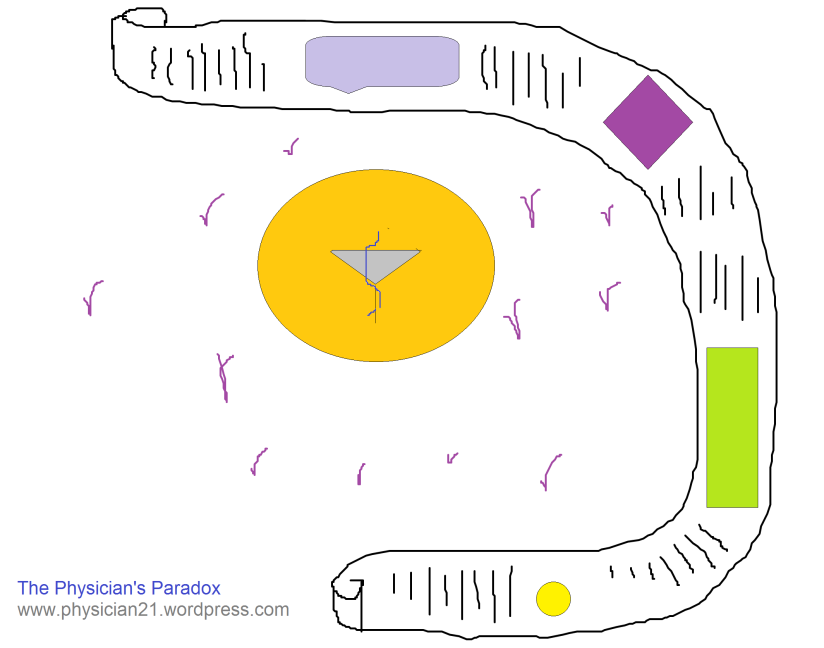Many of us would wait and postpone the setting out of their unusual abilities in management and creativity until some apparent turning points like getting married, having a good job or inheriting a wealth. The postponing time would thus remain a matter of chance and speculation. Other people may not at all be aware that management of life and achieving success is a clear cut outcome of well established rules and definitions. Given the known statement I once had in a school language book: “you are a state in yourself”, one should learn too how to invest and strive to apprehend and exercise those rules of self-management.
The management of self includes everything one may do and would be surmounted by either well being or recession. It includes everything from the way one speaks and eats to the way how to think and evaluate. It includes, accordingly, time management, setting of values and aims, and decision making. With the view of an eagle’s eyes the management of self is the biggest topic under which we may understand our care to get good education and good company, to excel professionally and socially and have an impact that may last after we have left this world. Such information about the optimal handling of one’s resources, the so called the ‘management’ or the ‘marketing’ of self, is crucial for an appreciable conduct in life, and the next step of its rules and details should be a subject of time and/or trial and error.
I know that I may not be the person who could be very helpful in discussing this basic life item as I need to learn it too. However, I could convey a few advices I have just read in reading book for prep school: 1) be generous to others, 2) take it easy, 3) think good about others, and 4) do not exaggerate in punishing others. From my personal notices; I realize that the very personal view and impression of the individual would determine the way in which he/ she acts. That’s why it is important to determine and define which kind of person one would like to be: a noble, tight-fisted, depraved or trivial. A noble person is a one who willingly treats people generously and good. Tight-fisted is the person who won’t be good unless to face an expected loss or shame. Depraved is the one who intentionally and persistently does bad. Trivial is a person who crudely and undetermined doesn’t do good and he/ she may not do it under any case. Each one of these four person types could have almost typical attributes considering values, ideas, aims, interests and conducts.
Very relevant to the management of self are the motives and drives. These could show and provide many embarrassments especially for those who wish to live as nobles, because they may be a common place for defects and weakness. Embarrassments could happen when they faithfully and nobly consider an issue that may not be considered at all as wisely placed by others. And the weakness could be when they grow a lot of fear that shadows their deeds and hampers their progress. In situations where fear would be an element one has to distinguish between courage (opposite of fear) and prudence (wisdom) from one side and fear and defeat from the other. In other words, in order to beat your ‘sweeping’ fear does not mean to dispense with your wisdom and its ‘decent’ courage. Because in many situations being wise and prudent can dictate the same act as that of being fearful though the motives in the two cases are absolutely different.

